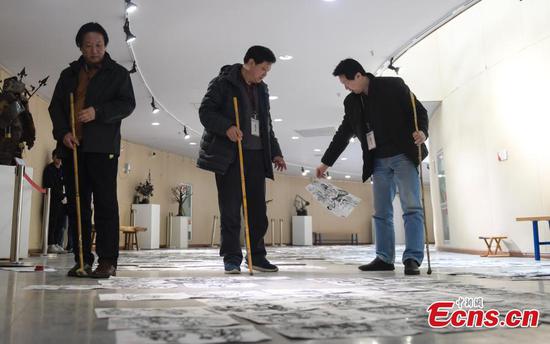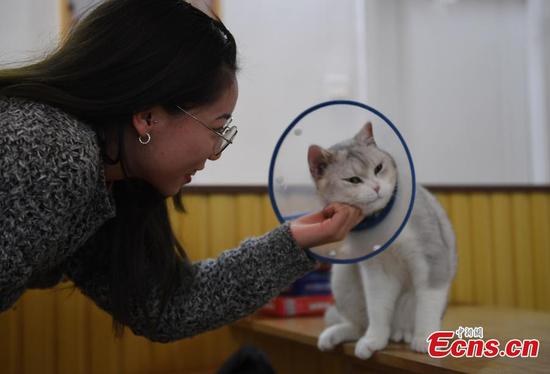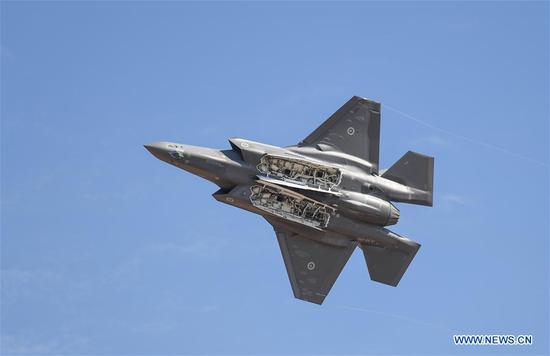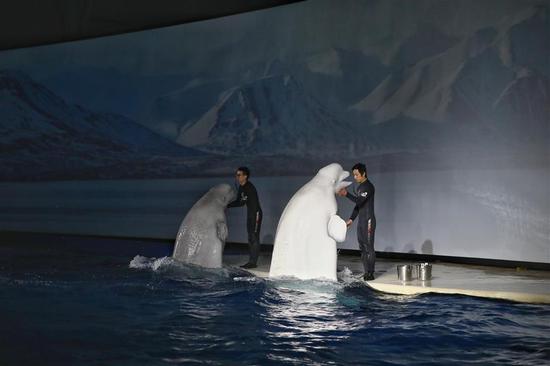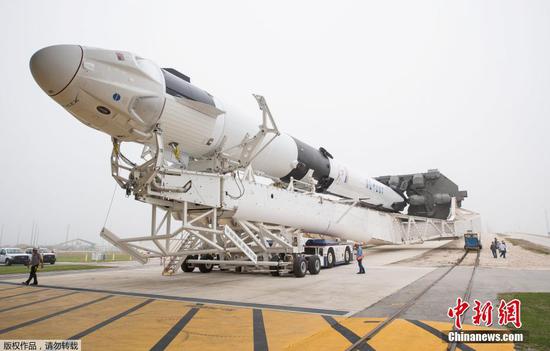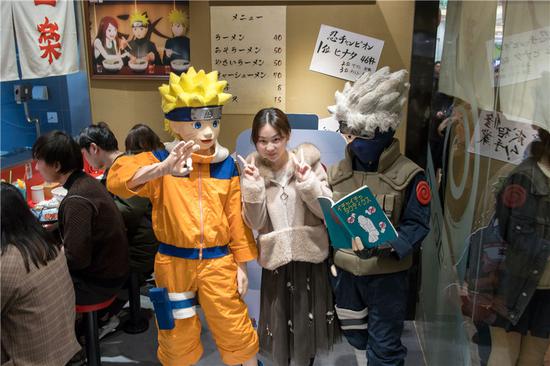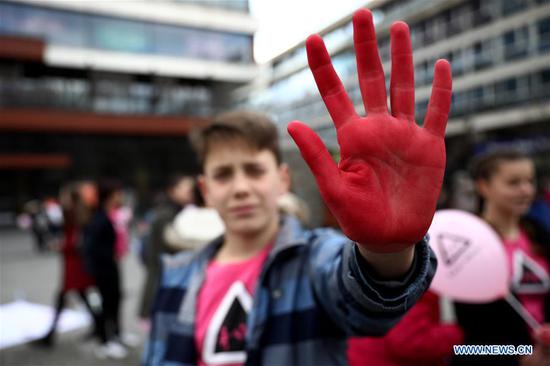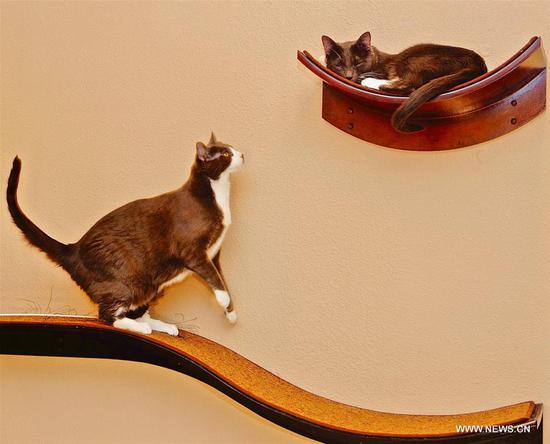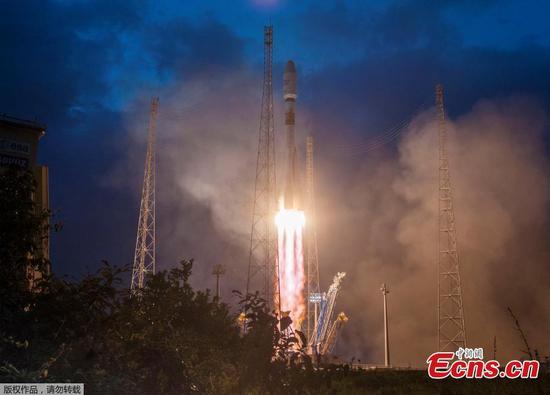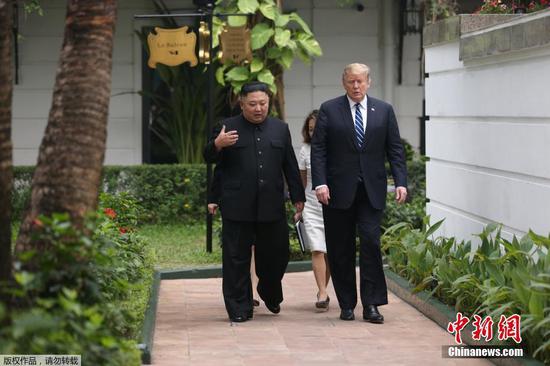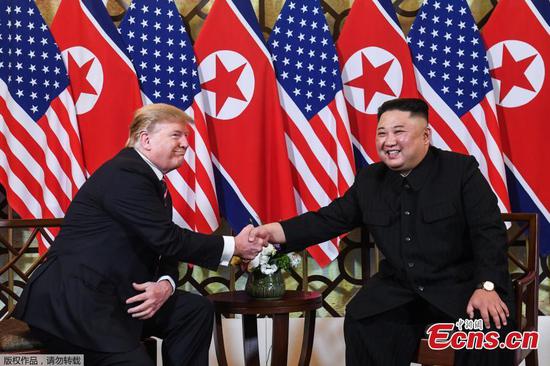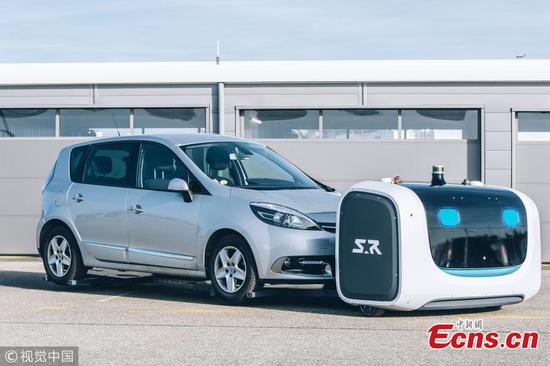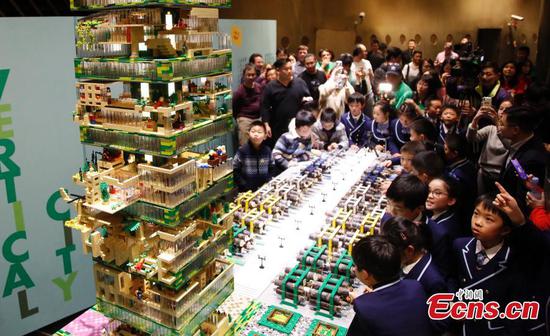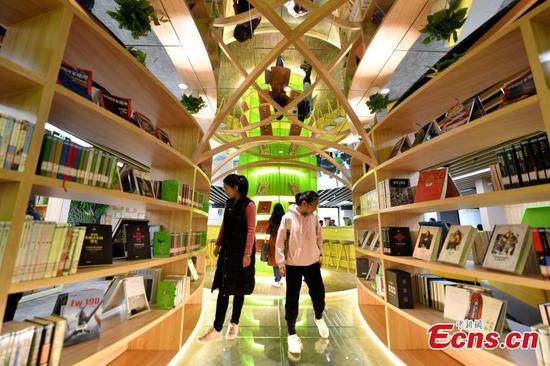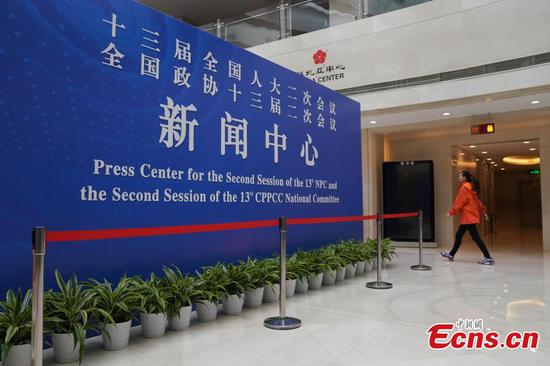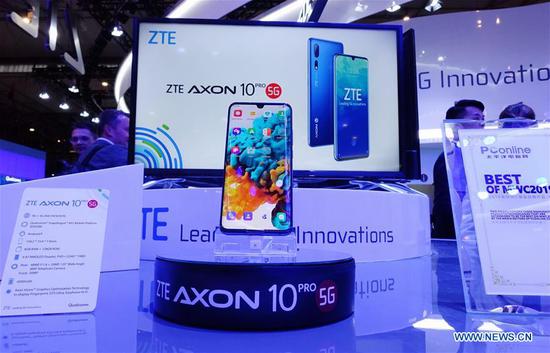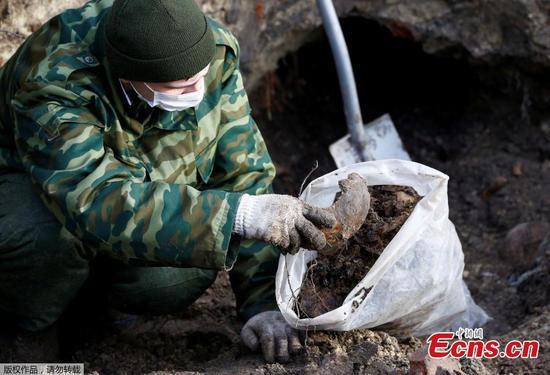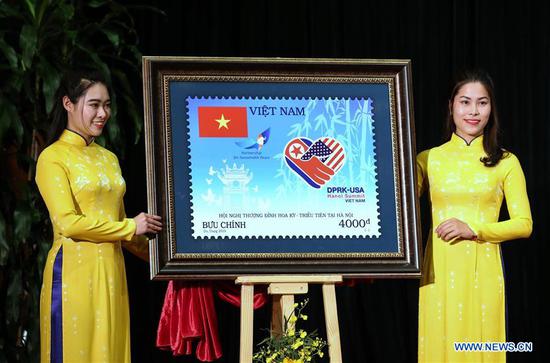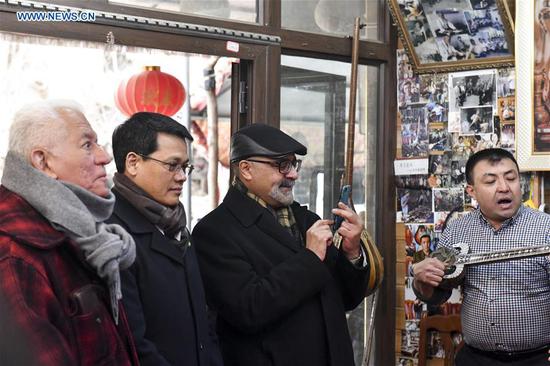Short video app TikTok is eyeing a bigger presence in the United States after settling a dispute involving its sister app for violation of local rules.
The app said on Thursday that it has agreed to pay $5.7 million to the U.S. Federal Trade Commission, which claimed its sister app musical.ly has breached the Children's Online Privacy Protection Act.
The agency first launched an investigation in 2016, a year before musical.ly was fully acquired by Chinese multimedia giant Bytedance and merged with TikTok the following year.
"While we were 'accidentally' embroiled in this case, we have been in touch with the FTC," said a TikTok representative for North America in a written reply to China Daily. "With the current settlement, we have the green light to expand our business scope."
Local authorities require that developers or websites targeting at children under 13 need parental consent to share personal information. Due to the investigations, TikTok did not introduce its personalized ads services in the US.
Despite the setbacks, Bytedance's short video offering has gained huge popularity both at home and abroad.
Latest data from app intelligence firm Sensor Tower showed that total downloads of Douyin (the Chinese mainland version) and TikTok on App Store and Google Play have topped 1 billion, including 663 million downloads in 2018. Downloads of peers like Facebook and Instagram were 711 million and 444 million in the same period.
TikTok and Douyin enable users to add music and special effects to their self-made videos to add to the fun. Meanwhile, they have rolled out features such as the "hashtag challenge" to invite users to produce videos under a given theme and compete among each other.
Bytedance is actively seeking high-quality and internationalized content from overseas, which is the ultimate game changer in the short-form video sector, said Neil Wang, president of Frost &Sullivan China.
"Photo and short-video apps are easier to promote abroad because they create less ideological conflicts compared with apps that mostly deal with textual content," said Wang.
The company has branched out with multiple overseas campaigns, including offering technical and marketing support to nurture 1,000 content producers in Japan. The platform also drew in a list of high-profile organizations, such as the Inter Milan Football Club, to open official accounts as a means to engage with fans and consequently expand influence.
"But cultural differences and diversity of languages across various markets will pose major challenges, as the company can no longer leverage the low marginal costs for aggressive expansion as it did in China," Wang said.










